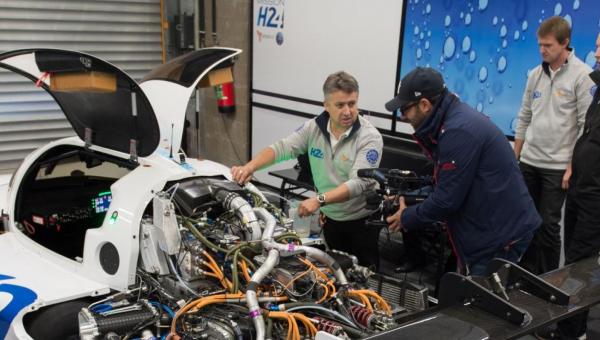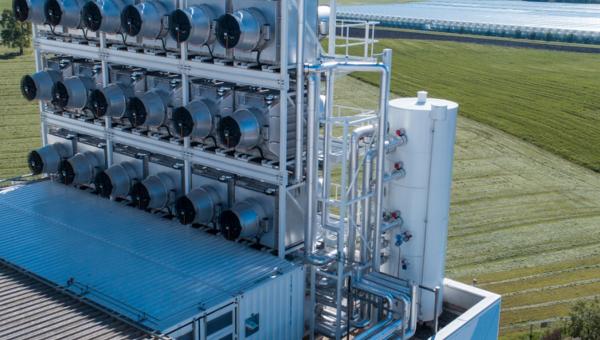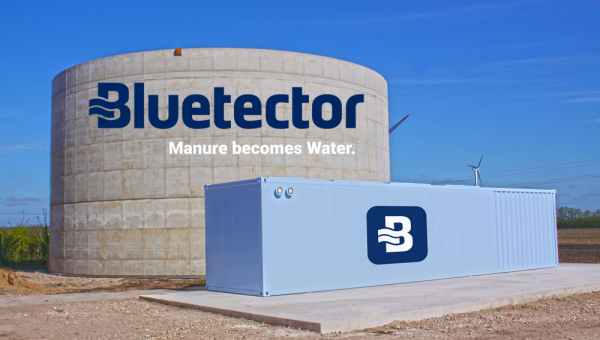95% recycling of electric car batteries
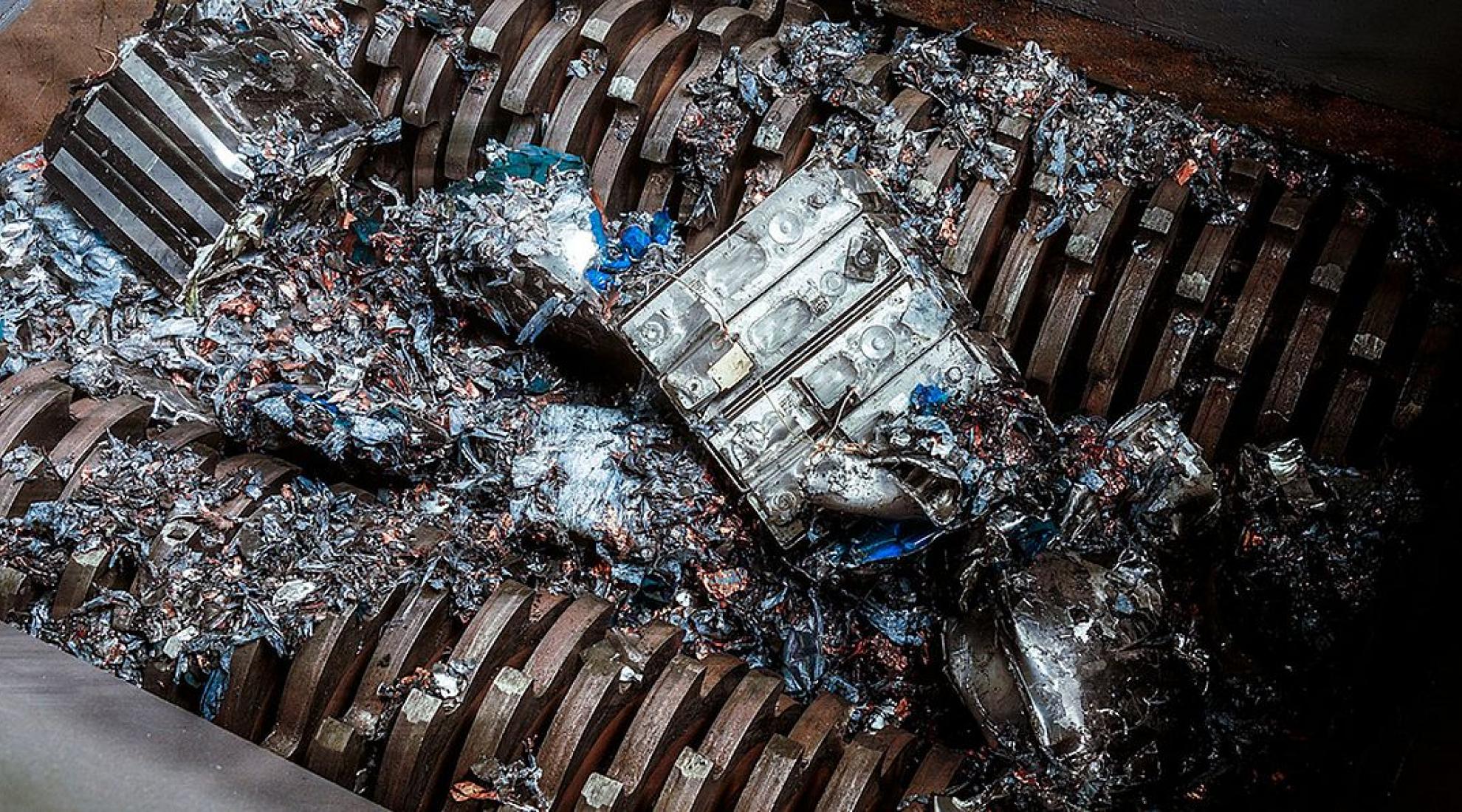
Global sales of electric and hybrid cars almost doubled in 2020. More importantly, Switzerland is among the leading countries with almost 30% market share of new car sales. But this positive development comes not without its side effects: how to dispose of the growing number of batteries?
The young Swiss company Librec (a contraction of lithium battery recycling) has a promising approach: it has developed a technology for recycling large lithium ion batteries used in electromobility which makes it possible to use up to 95% of the components to manufacture new batteries. A first recycling facility is scheduled to go into operation in 2023. According to the Solothurn-based company, in the first year it would recycle 300 tonnes, which is equivalent to the batteries of about 1,000 electric cars. By 2033 the amount is projected to increase more than tenfold.
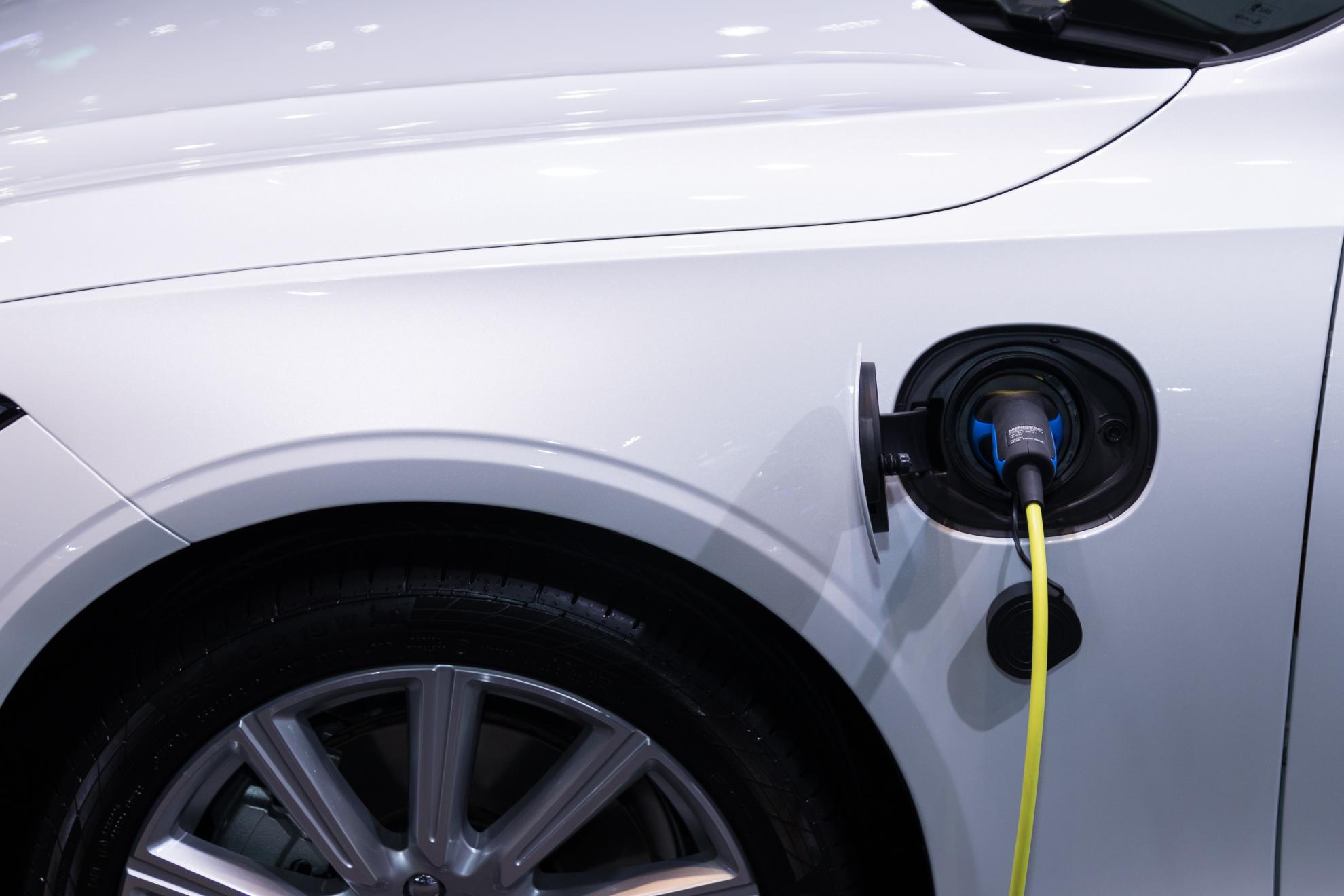
Electric and hybrid cars in Switzerland account for almost 30% of new car sales in 2020.
European recycling network to reduce transportation
The biggest advantage of Librec's business model is that it massively reduces transport impacts. Tesla, for example, takes all of its old vehicles and has them shipped from Switzerland to the Netherlands to dismantle. This not only expensive, but also uses a lot of unnecessary energy. Liberec plans to expand their recycling facilities all over Europe in order to establish a proper European recycling network for e-cars.
The Swiss start-up handles the entire recycling process, picking up old electric cars or batteries from the owner or the garage and bringing them safely to their recycling plant that covers a radius of 600 to 700 kilometres. According to their estimates, four to five such plants are needed throughout Europe. At Liberec’s fully integrated recycling plant, the company will check the delivered batteries for their functionality. Reusable cells are packed into a new casing and prepared for further use. When the batteries have reached the end of their life, they are dismantled and the materials separated. This shredding process produces the black mass from which new batteries can be made. No other technology so far can recycle a comparably high number of battery elements. While batteries are considered hazardous goods and used batteries are even considered critical hazardous goods, black mass is not subject to any restrictions in this respect. This eliminates the decisive cost factor in recycling.
Big industry support
Just few days ago, Librec announced that it has successfully raised CHF 2.6 million from an oversubscribed seed round and is receiving a 400k loan from the Swiss Federal Office for the Environment. Additionally, Innosuisse is contributing CHF 1 million to further develop the technology. Also renowned organisations from the Swiss automotive industry as well as EMPA, the Swiss Auto Recycling Foundation, Swiss eMobility and Bern University of Applied Sciences are supporting the project.
With Swiss technology eliminating the battery recycling issue in electric cars, it gives consumers one more reason to shift to electric cars and help protect our environment.


